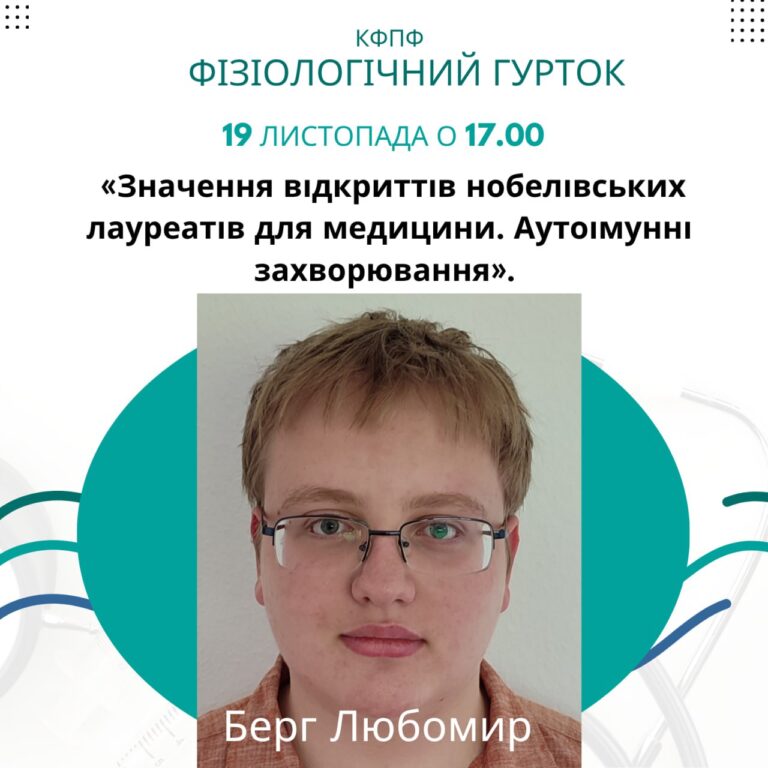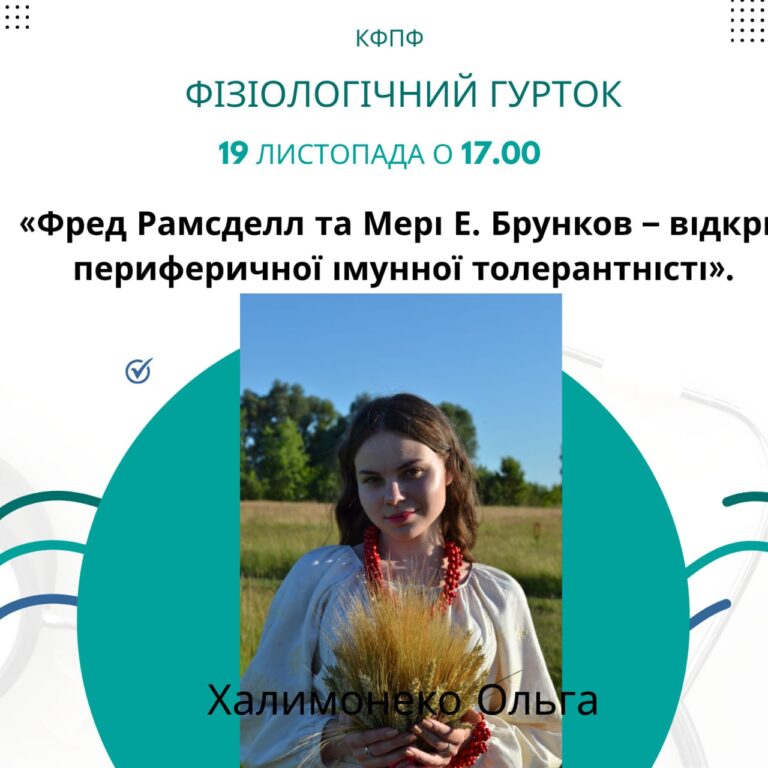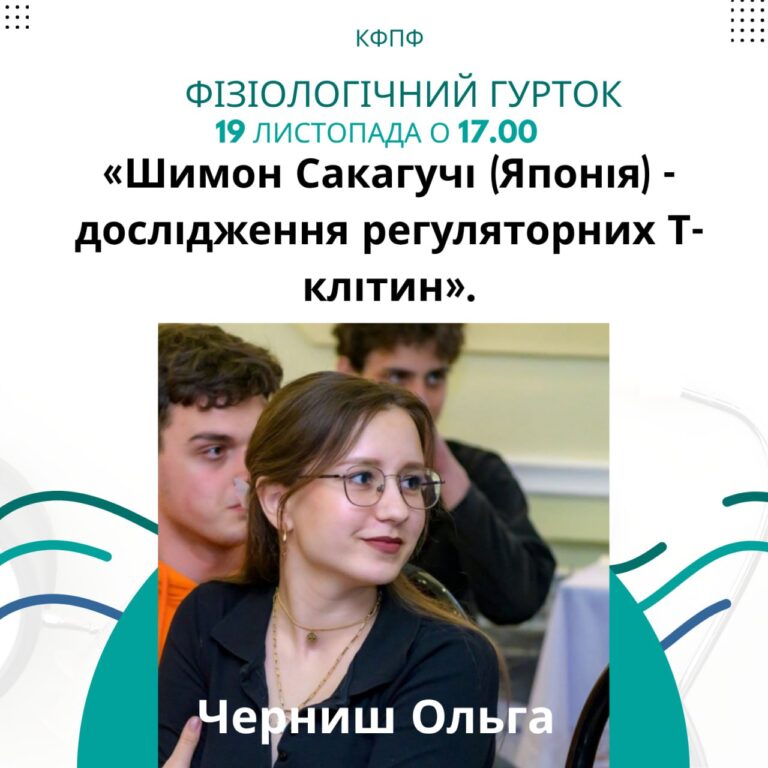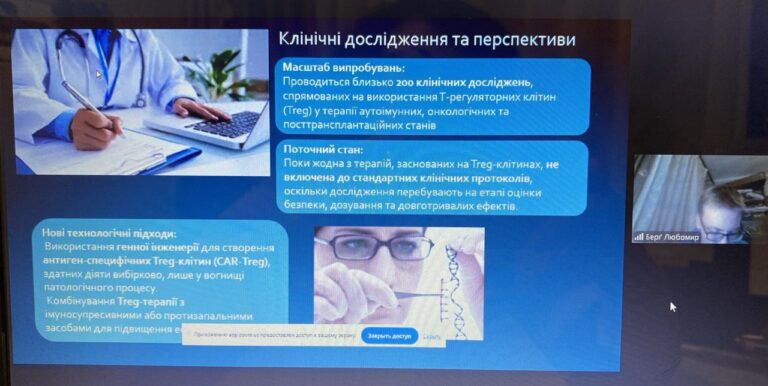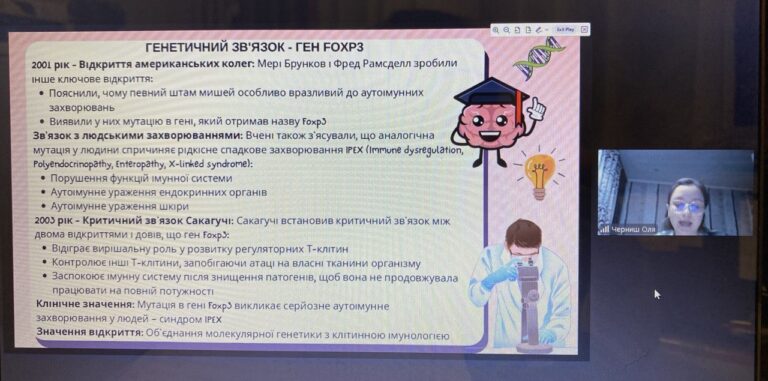The Nobel Prize is one of the most prestigious international awards, granted annually for outstanding scientific research, groundbreaking inventions, or significant contributions to culture or societal development.
Every November, the Department of Physiology and Pathophysiology traditionally holds a meeting of the student scientific club dedicated to this event.
On November 19, 2025, another meeting of the “Physiology Club” took place, featuring reports on the 2025 Nobel Laureates in Physiology or Medicine. This year, the prize in this field was awarded to three scientists — Mary E. Brunkow, Fred Ramsdell, and Shimon Sakaguchi.
They will share the prize “for fundamental discoveries related to peripheral immune tolerance,” as stated on the website of the Nobel Committee.
According to CNN, the laureates identified “regulatory T-cells,” which function as “guardians of the immune system” and prevent immune cells from attacking our own bodies.
“Their discoveries have been crucial for our understanding of how the immune system functions and why not all of us develop severe autoimmune diseases,” said Olle Kämpe, Chair of the Nobel Committee.
The reports presented at the meeting were engaging and informative, including:
— fourth-year student Olga Chernysh (MC.m-215), “Shimon Sakaguchi (Japan) — Research on Regulatory T-Cells”;
— second-year student Lyubomyr Berh (MC.m-405), “The Significance of the 2025 Nobel Laureates’ Discoveries in Physiology or Medicine for Modern Medicine”;
— third-year student Olga Khalymonenko (MC.m-310), “Fred Ramsdell and Mary E. Brunkow — The Discovery of Peripheral Immune Tolerance.”
